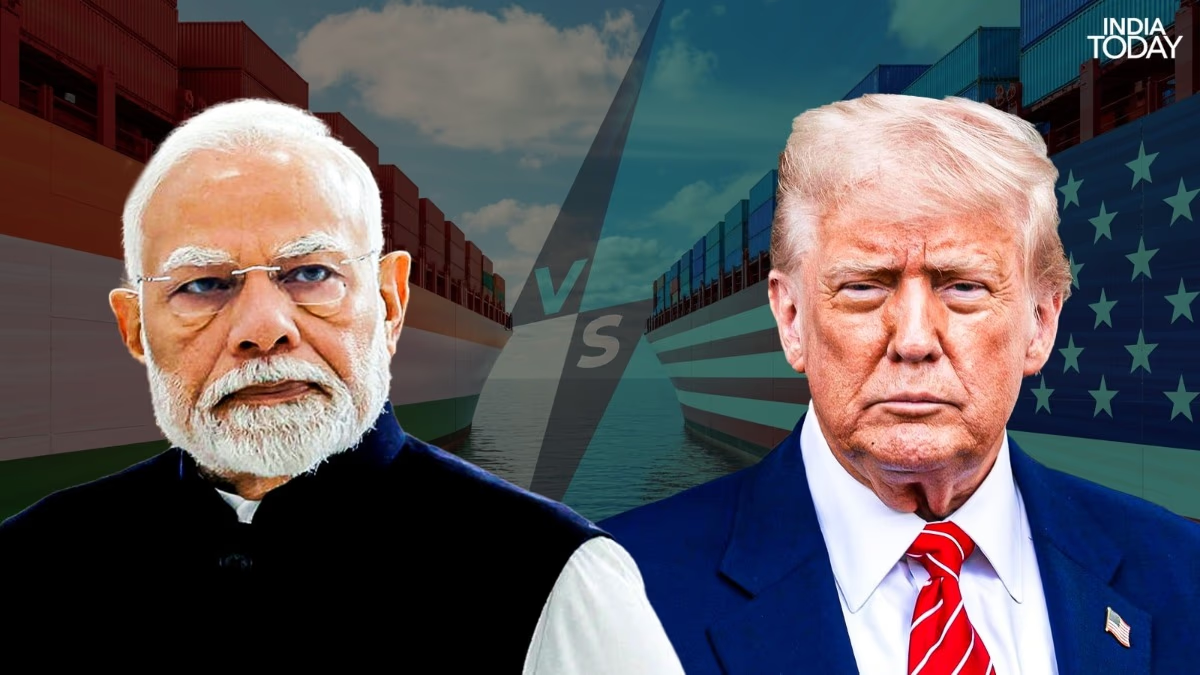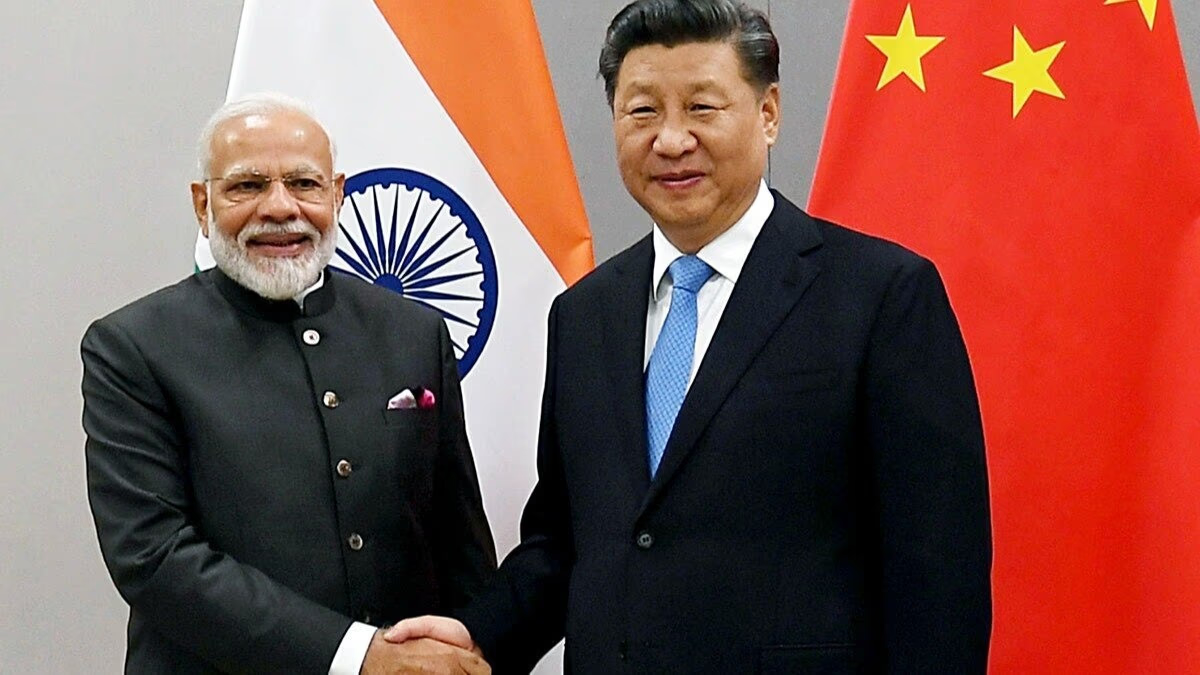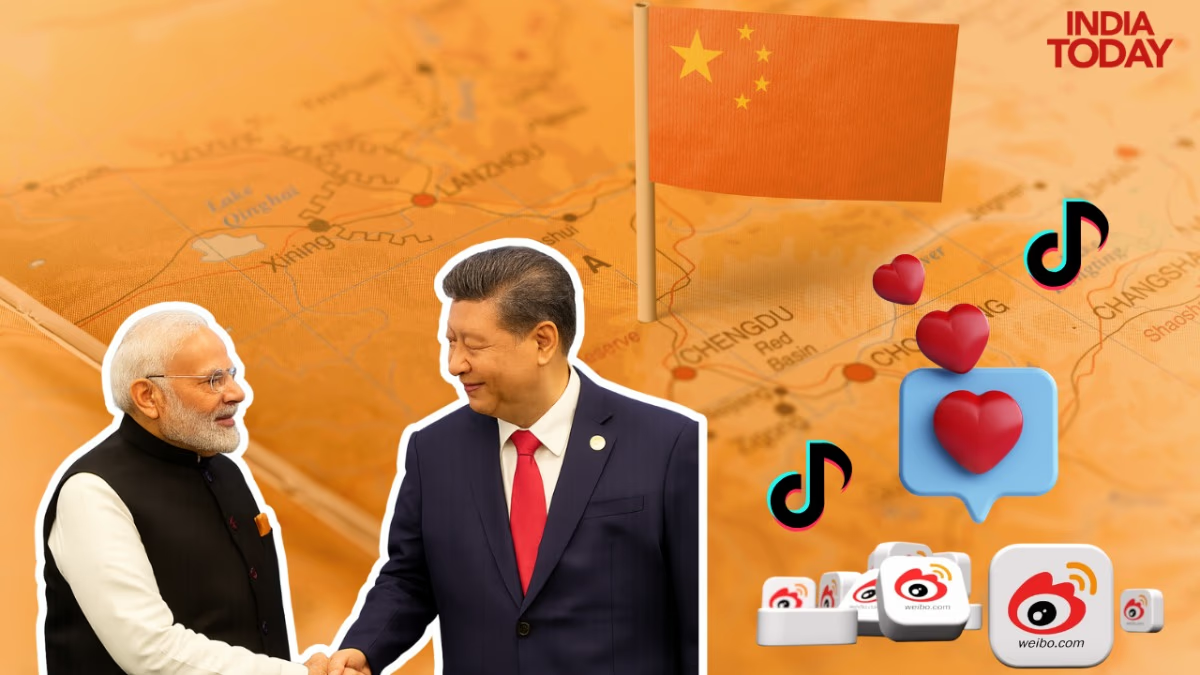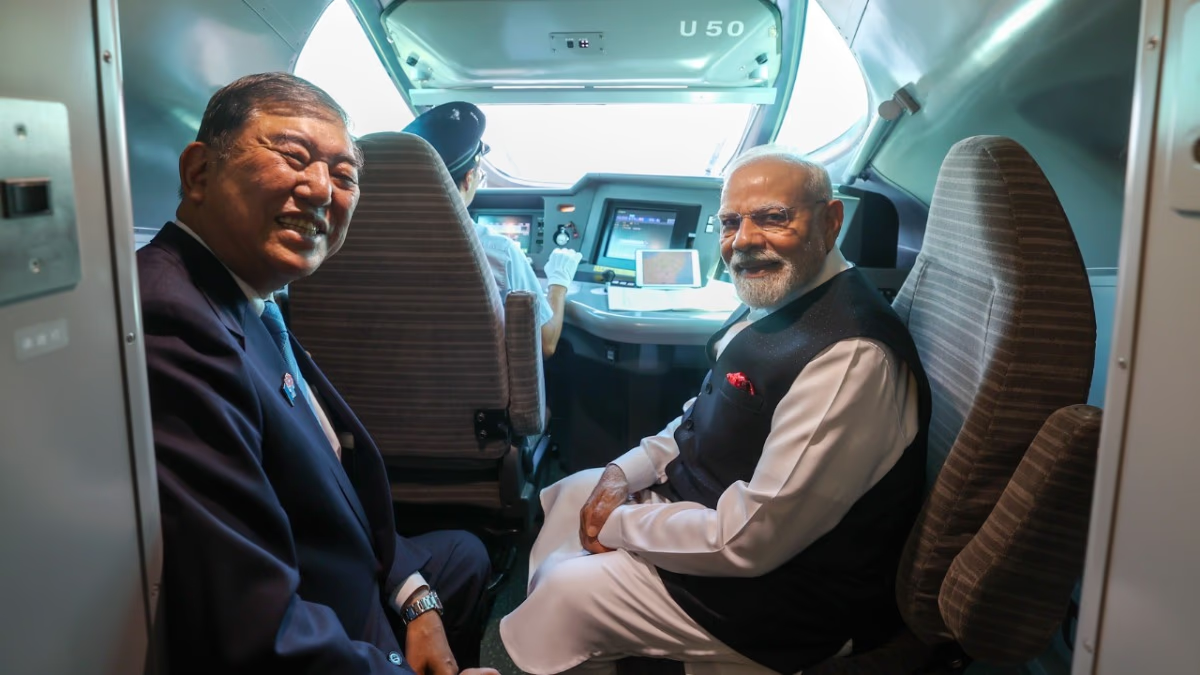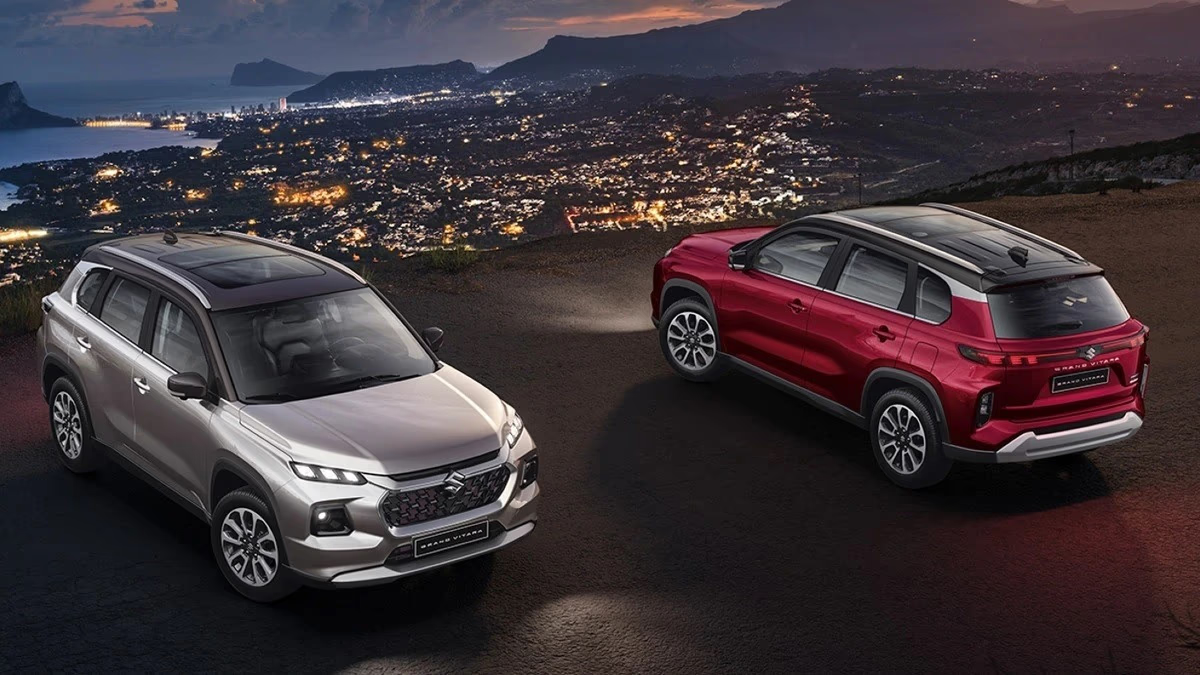White House advisor and one of Donald Trump's senior associates, Peter Navarro labeled the Ukraine conflict as 'Modi's War'. He accused India of fueling Russia's war by buying oil at cheaper rates. In an interview with Bloomberg, Navarro stated that if India ceased buying Russian oil, it would receive a direct 25% tariff discount from the US. However, facts and India's stance debunk Navarro's allegations.
Advocate for Russia-Ukraine Peace
India has consistently stated that the Russia-Ukraine conflict can only be resolved through dialogue and diplomacy, and India has always called for peace. After Russia launched a special military operation against Ukraine on February 24, 2022, the Ministry of External Affairs said, 'India is deeply concerned about the recent developments in Ukraine. We call for immediate de-escalation and urge all parties to exercise restraint and engage in dialogue. India supports the sovereignty and territorial integrity of Ukraine.'
Similarly, at the SCO summit in Samarkand in July 2022, Prime Minister Narendra Modi was the first global leader to tell Russian President Vladimir Putin, 'This is not an era of war.' He made this statement on July 16, 2022.
Modi Met Both Putin and Zelensky
India maintained diplomatic ties with Western countries like the United States and European Union member states, as well as with Russia and Ukraine, offering any potential assistance in resolving the conflict. In 2024, Prime Minister Narendra Modi visited Moscow in July and told President Putin, 'War is not a solution to problems.' Subsequently, in August 2024, he traveled to Kyiv and offered India's assistance in a potential solution to the conflict.
Read More: 'This is Modi's War...', US Diplomat Links India to Russia-Ukraine Conflict, Sets Conditions to Reduce Tariffs
After his Kyiv visit, Prime Minister Modi spoke with then-US President Joe Biden. According to the Foreign Ministry's statement, 'Discussing the situation in Ukraine, the Prime Minister informed President Biden about his recent visit to Ukraine. He reiterated India's strong stance in favor of dialogue and diplomacy and fully supported the early return of peace.'
Strong Ties with Russia
It cannot be ignored that India has a long-standing 'special and privileged strategic partnership' with Russia, established in 2000 and strengthened in 2010, emphasizing mutual strategic autonomy and cooperation on global issues like UN reforms. This partnership has persisted despite the Russia-Ukraine war, where India distanced itself from UN resolutions condemning Russia and refused to join Western sanctions.
India's stance on importing Russian oil is presented as a sovereign right to ensure affordable energy for 1.4 billion people and stabilize global prices amid volatility. Navarro ignores this claim, while India has saved $17-25 billion by purchasing discounted crude oil since 2022, preventing prices from surpassing the 2022 peak of $137 per barrel.
The US has previously encouraged such purchases to stabilize markets, and India's Foreign Ministry exposed Navarro's falsehoods by citing the European Union's 67.5 billion euros trade in Russian goods and America's import of Russian uranium and fertilizers in 2024.
Essential Steps for Food Security
Navarro should consider economic facts. India's average applied tariff rate is about 4.59% (World Bank, 2022 data, unchanged in 2024-2025), much lower than Navarro's 'world's highest' claim; while the simple average MFN tariff is 16.2% and bound rates are 50.8% (WTO), protective for developing economies.
Navarro's claim ignores WTO commitments, allowing high agricultural tariffs (India's average 113.1%) for the food security of 1.4 billion people and overlooks India's recent tariff reductions on US goods like bourbon (150% to 100%) and motorcycles (50-60% to 30-40%).
No Funding for Russian War Machine
In terms of Russian oil, India's import of about 1.75 million barrels per day (35-40% of the total) rose from 0.2% before 2022, but it adheres to the G7 price cap ($60/barrel) and has not funded Russia's war machine, as alleged. The discount shrank to $1.50/barrel (June 2025), and refiner companies like Reliance and Nayara export compliance products, saving India $9-11 billion annually while keeping global prices stable.
Read More: 'If the Ukraine War Doesn't Stop, We'll Impose Harsh Sanctions on Russia,' Trump Warns Putin
Navarro's 'profiteering' claim overlooks ongoing imports of Russian refined products by the US and EU, and India's trade deficit ($45.6 billion) with the US stems from a service surplus ($30 billion in IT/pharma), not high tariffs at the cost of American jobs. Bilateral trade reached $190 billion in 2024, with $30 billion in Indian pharma/IT exports offsetting tariff impacts.
America's 50% tariffs (effective August 2025) pose a 0.3-0.4% GDP risk to India but are selectively enforced, as China (Russia's top oil buyer at 47%) faces lower rates amidst ongoing US negotiations.
Independently Operated Democracy
Since 2014, under Prime Minister Modi's leadership, India's democracy operates independently, prioritizing strategic autonomy over alliances with any power. This is seen in its abstention from anti-Russian votes at the UN, condemning the humanitarian toll of the Ukraine war. India's aversion to non-UN and country-specific sanctions is a declared stance.
Navarro's branding of the Ukraine conflict as 'Modi's War' misguidedly shifts responsibility. India never supported Russia's aggression and has worked towards peace through diplomacy, including Modi's meetings with Putin and advocacy for talks at G20/BRICS. His statement 'The road to peace runs through New Delhi' overlooks India's neutral stance, facilitating behind-the-scenes negotiations without isolating the West (e.g., Modi's 2024 Ukraine visit offering mediation).
US-India relations remain strong through G7, Quad, and iCET, with bilateral trade expected to reach $132 billion in 2024-25.
Standing Firm Against Coercion
Politically, India's multipolar view balances relations with Russia (36% arms supplier, down from 72% in 2010-14) with US partnerships, avoiding a loss to China, as Navarro suggests. It counters over-dependence on France/Israel/US for arms (e.g., Rafale jets) and energy (51% increase in US crude oil imports).
Read More: Trump's Overreach... Imposed 25% Extra Tariff, India Has 4 Options Now
Claims of taxpayer 'funding' are also unfounded. US aid to Ukraine ($175 billion since 2022) is unrelated to India's oil purchases, which comply with sanctions and benefit global stability, not aggression. Modi's leadership, supported by a democratic mandate, rejects coercion, as seen in the dismissal of Trump's May 2025 India-Pakistan ceasefire claims and advancing ties with Russia amid US tariffs, reaffirming India's role as a bridge in a multipolar world.
